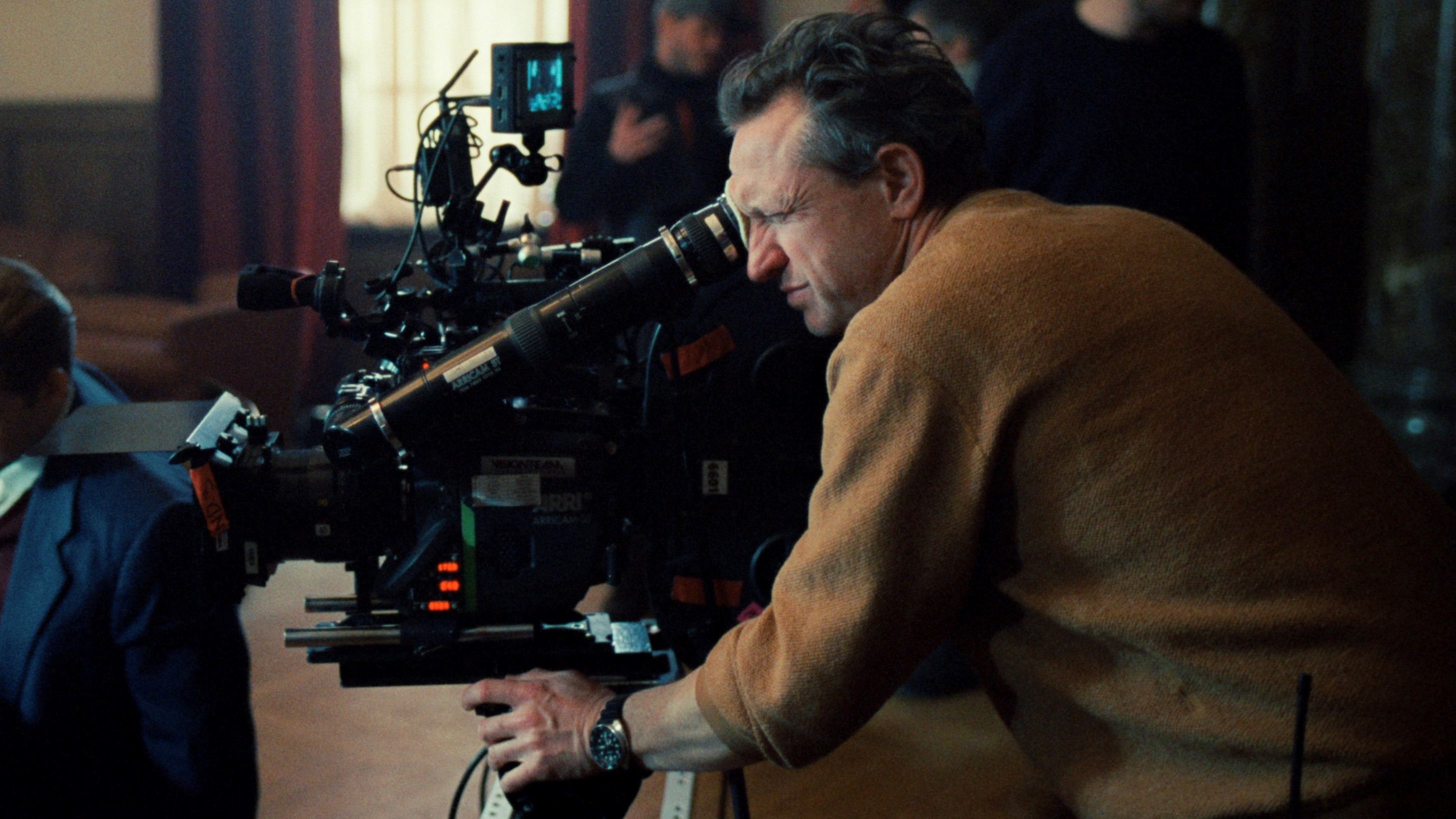There’s magical realism at the heart of this latest version of the famous story of suffering and triumph, editor Jon Poll tells Adrian Pennington for IBC365.
The new screen version of The Colour Purple is neither a remake of Steven Spielberg’s multi-Oscar nominated 1985 film nor a movie of the later Tony Award winning musical. It’s not even a didactic interpretation of Alice Walker’s Pulitzer Prize–winning 1982 book. The latest adaption of the story about a poor black woman living in the rural South in the early 1900s weaves in elements of them all.
“The way I look at is [Alice Walker] wrote this phenomenal novel that stands on its feet emotionally and historically,” said editor Jon Poll. “Then Steven Spielberg and his band did a cover and then Oprah Winfrey and everyone involved in the Broadway musical did another cover and now it’s time for us to show you our version. It is really different in a lot of ways, but the story is the same and a lot of the same dialogue [from Spielberg’s film] remains.”
Continuity is maintained with Spielberg (who still owns the movie rights) and Winfrey (whose acting debut was the 1985 film) as executive producers along with Quincy Jones who, along with Winfrey, produced the Broadway play.
Although...
You are not signed in.
Only registered users can view this article.

Behind the scenes: The Brutalist
Cinematographer Lol Crawley finds the monumental visual language to capture an artform that is essentially static.

Behind the scenes: Bringing live deepfakes to the fore in Here
The breakthrough in the making of Here was not the authenticity of a de-aged Tom Hanks, but that the face-swapping technique could be achieved live on set.

Behind the Scenes: Disclaimer
For all the slippery perspectives in psychological thriller Disclaimer, the truth is lying in plain sight, explains Editor Adam Gough.
Behind the Scenes: Conclave
Mystery, suspense and a game of thrones in the Vatican lensed by cinematographer Stéphane Fontaine.
, Director Jon M. Chu, and Ariana Grande (as Glinda) on the set of Wicked.jpg)
Behind the Scenes: Wicked
Opposing colours in the same frame, 6000 lightning cues and shooting 17 sound stages - one the size of four American football fields, all merit why Wicked is the ‘latest hurrah to the golden days of epic studio filmmaking,’ writes Adrian Pennington.



